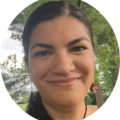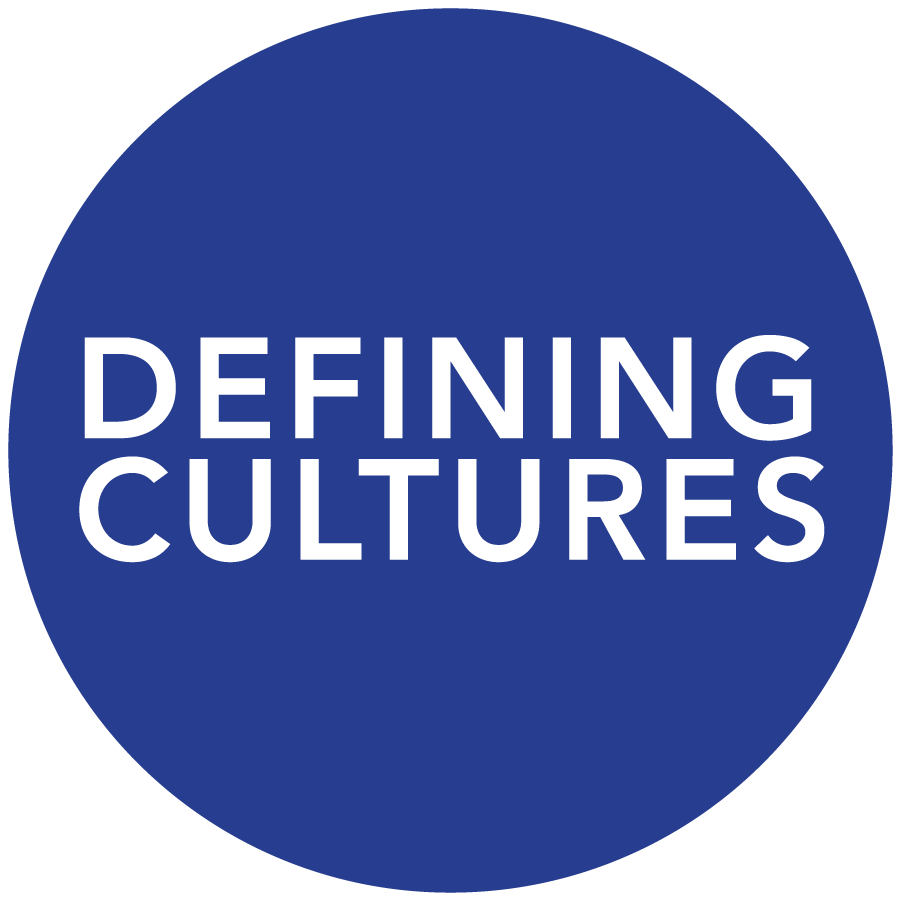 By: Ymasumac Marañón
By: Ymasumac Marañón
Heritage: White/Bolivian-American
Profession in U.S.: Educational Consultant/Life Coach/Writer
In college I had a keeper of all my heart’s unspoken riddles. He was a DJ and I wrote poetry. At festivals he spun records and I wrote, danced, soaked in the sun...deeply soaked in the sun as it bronzed my beautiful caramel skin. Or so I thought.
At his family’s party, the subject of skin color came up. I quite happily said out loud, I like my caramel skin color! Everyone burst out laughing. His family is Black. Girl, you are not caramel! You are more like butterscotch. I was shocked. Protesting did no good. They held out arms, compared caramel to butterscotch and it was settled...I was more yellow than deep brown.
I am Quechua Indian and White. Identifying your skin tone early on mattered. During early childhood in Massachusetts, we were with my mother’s family, descendants of early European pilgrims. My cousins: long legged, tall, blue eyes and blond hair. Me: short, brown - like a tree. My brown hair scraggly from a mother who didn’t know what to do with thick, Indian-mixed hair. No one said it out loud, but we knew we were different. I was like a museum piece.
By my aunt’s house, I would run to the lake and jump in. Dripped water and hanging sun rays on my skin as I dove in and out. Years later I would appreciate the beautiful interplay of light, water and earth all dancing on my skin – my body was a palette for some invisible artist to brush and stroke lights of genius up and down. Not at seven and not in New England. I would get out of the lake. Kids ran up: Are you Spanish? We had a Spanish girl in our class once. She looked like you. Dark. My answer didn’t matter - they weren’t asking.
Dark was like dirt, dirty, not sun rays and dancing light. Despite these comments, most of the time New England was quiet. A stillness...sometimes a light breeze gently brushing against the backs of my legs reminded me of smooth rolling green hills. A calm. Knowing the earth gently loved me. Other times, a holding back, tight lips, lots of space between people, a continuous pressured choke on emotions.
My other life was spent with my father in constant commotion in California.
My father – Quechua Indian from Bolivia. His first language Quechua, then Spanish, then English. The stories of his ancestors wrapped in the stars; social justice and emotion were constant backdrops seeping through the cracks of every story. All spun through medicine men, his mother, and in and out of the ever present spirit world.
Everything held meaning: everything. School breaks we flew across the United States to California. The minute we hit the tarmac the tempo shifted. My father would scoop us up, hijitas, llegaron! And then, Apúrense, your tia is waiting! He chatted animatedly as he drove. Suddenly, he pulled over next to a hundred rows of grapevines. Quick, get some for your tia. And with that, we were climbing through fences and sneaking through grapevines to take some home.
Home. Where everyone lived together. Cuando llegamos, cuidado y no saludes bien! Kiss every one, say buenas tardes, don’t forget, it’s very important...my father became a drill sergeant reminding us of the all important first greeting. If we messed up, we’d be forever scarred with maleducada.
Maleducada. In English there is no translation for this term. To define “education” it is understood to be formal education. Educación in Spanish carries a broader picture: It includes formal education, but more importantly your manners, how well you were raised, whether you understand social norms and how to abide by them. And if you do not have buena educación, you will be marred as maleducada.
So what defined me? My skin color? My cultural norms and understanding?
We live in a world of illusions that depend heavily on what we see and not on what we know or seek to know. We want absolutes and demand others to also choose absolutes - are you White? Latina?
I refuse to identify as an absolute. My ancestors shaped me, all of them. I live in between the lines of my people.
• • •
Ymasumac Marañón is a writer, educational consultant, and intuitive life coach. Her ancestry is of the Quechua people of Bolivia and pilgrims of New England. Culture, language and politics thread throughout her work with strong cords of spiritual energy interlacing her words. She has been a teacher as well as an administrator at the county level. She’s an international speaker addressing issues from changing perceptions in learning cultures to equity in education. Projects she’s exploring are how technology stresses the dominant culture, our shifting learning spaces, and how to create a mindset characterized by humility. She is married with four children.
- For more information on Ymasumac, visit her website: Limitless Learning Lab
- Follow Ymasumac on Instagram: @ymasumacanqui and Twitter: @ymasumac9

What a beautiful writing. I was enthralled from the first word to the last. Thank you for being so clear and proud of who are. I shall look forward to read more of your writings.